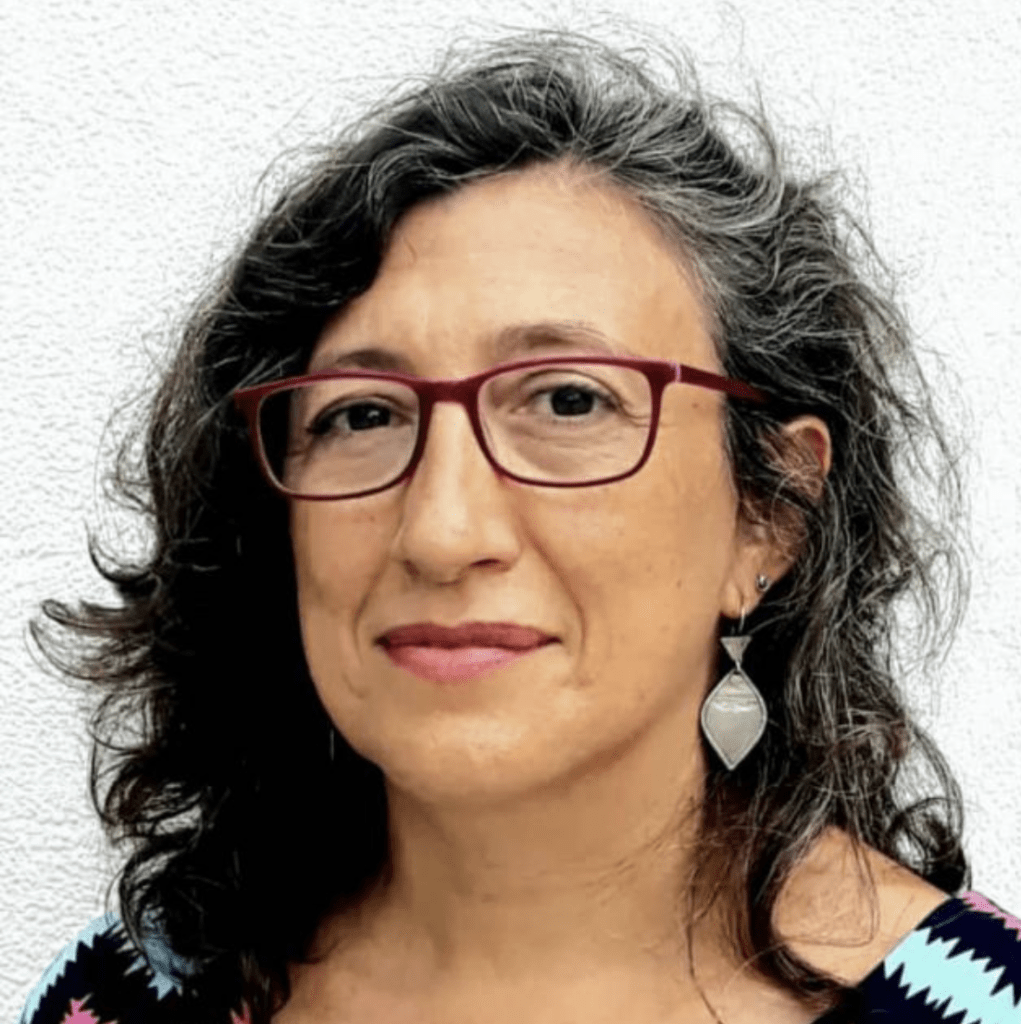She built her professional experience of international aid work in West Africa. With 25 years in senior positions within Oxfam, especially in campaigning, she has extensive experience in supporting social programs and organizations, including influencing, organizational development, change management and strategic thinking and planning.
What do you think are the current challenges in the cooperation sector?
At present, it seems to me that the sector has become anachronistic, unable to adapt to a world that is much more homogeneous in its diversity, where poverty and inequalities are present everywhere, where there is no longer the imbalance it was born with: a rich and wise world (that thinks it knows how to do things to progress towards a development invented by them), that helps a poor and ignorant world (lost, according to them, in search of its development). Now we are faced with rich/donor countries in a deep crisis of governance, ideology, economic and social model, who cannot «sell» their wisdom – since it is clear that it does not work- to countries that are growing despite their poverty, that are young and full of energy.
Despite everything, what the donor countries have not lost is their subconscious or conscious feeling of moral, cultural and ideological superiority…, and this superiority complex is sending an image to the recipient countries that they no longer want to accept, and dialogue breaks down, cooperation (in its literal sense) becomes impossible, the little trust that once existed between the two parties disappears…. and the example of what is happening in the Sahel with its increasingly pronounced aversion towards the West, which crystallizes in the colonizing power, France, is a good illustration.
How do you consider they should be faced?
Traditionally, northern NGOs have asked to dissociate development aid from the foreign policy of donor countries, and the truth is that this has not been very successful, maybe because it is not possible… and that in the end this only serves to further disguise the objectives of development aid by avoiding the truth… Perhaps by making mutual interests more evident and explicit, it might be possible to arrive at healthier relations, where each one offers and asks for what is necessary. It is clear that this could leave countries and sectors orphaned of development aid, and that a way would have to be found to ensure a fairer distribution, but this could come from the regional institutions of the South, where there is a broader vision of the wealth and needs of the different countries and where a negotiation led by the South could be entered into regarding where and in what to invest the aid and at what price, and where aid with an unbalanced cost/benefit could also be rejected.



